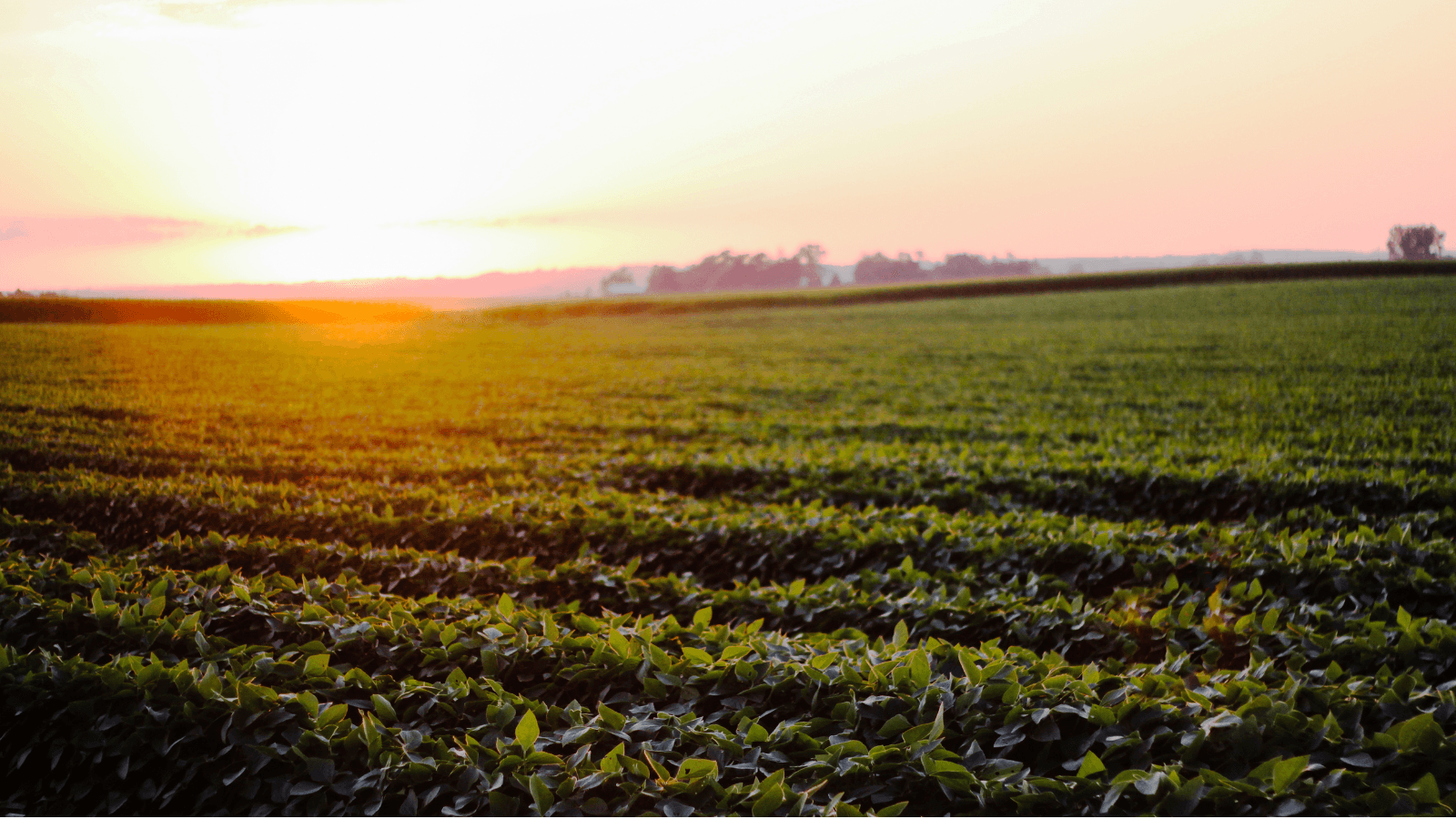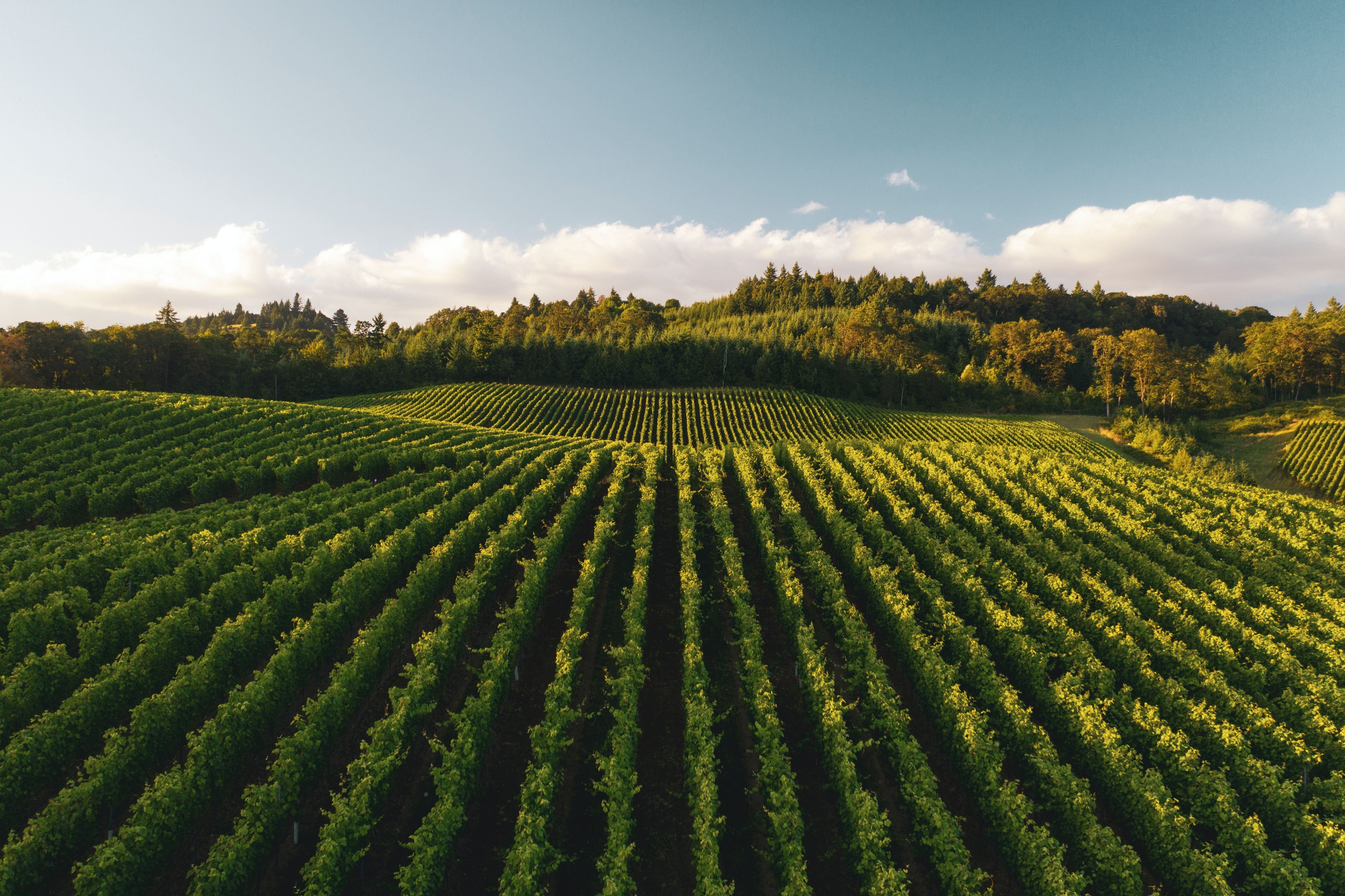
What makes land “holy”? We’re used to lots of news and history about The Holy Land, but what is it that makes that land holy? For Christians it’s holy because the story of Christ and the Christian faith are bound to the events that transpired in that place.
Now consider St. Paul’s theology. He notes we’re all members of one body, with Christ at the head (1 Corinthians 12). By that logic, the body of Christ and the corresponding story of faith is being carried out in many more places than just one geographic location in the Middle East. If the land you're farming or from which your food comes is indeed “holy land”, would you treat it any differently than you presently do? Would you treat the people who steward it any differently than you presently do?
That’s one question among a handful that I’ve been interviewing local farmers and family members with during my sabbatical. The congregation I serve afforded me a sabbatical and I chose to focus the study portion on faith at the intersection of fasting, food, and farming. The tiny honey bee is where this blooming curiosity was first pollinated.
As of 2018, Iowa was the number one worst place in the nation to keep bees, with a trending 250% decrease in colony growth year after year. Studies pointed to monocrop agriculture and heavy pesticide use. If the environment affected honey bee colony growth so negatively, how was it affecting us? Care for the nutrition of the bees was leading me into a deeper sense of care for the same land that provides our nutrition.
During sabbatical, fasting was the first important step for me to give pause to focus on the gift God daily gives with food (Matt. 6:9-13, Gen. 1:29). All food comes at the cost of another part of creation giving its life, even if you choose to be vegan! How might such an awareness shape our thoughts, our prayers regarding food, our grocery pursuit of cheap nutrition-less products?
There’s a reasonable chance I’ll inherit some farmland management in my lifetime. What choices do I need to make to treat that land like the gift that it is, like “holy land”? How do I maintain a level of awareness and proximity to the land our food comes from? How do I ensure that I’m not taking it for granted or abusing the people who work hard caring for it by cheapening their labor?
Each question I ask yields a further abundance of questions, making it feel more like a beginning than an ending, but I’ll close with a few encouragements. First, the successful restoration of creation is not in our hands (Revelation 21), thanks be to God! Second, we’re no less invited to take part in the restoration now. It won’t be with one big choice that’s set before us, but rather with a series of small choices over our lifetime and for generations to come, that we see signs of that restoration – a foretaste of the kingdom come.
To anyone overwhelmed with where to even begin, the simplest choice you might make is to grow a vegetable (maybe even just a small one in a pot). With it you’ll begin to appreciate the effort it takes to get food from the earth to your table, the miracle of how much is out of your hands, and the abundance that God can bring through the work he’s called each of us to from the very beginning (Genesis 2:15).
Brian Jack is a graduate of Luther Seminary and Associate Pastor for First Lutheran church in Milford, IA. He is also a beekeeper with a growing interest in sustainable agriculture. He finds that his calling in each of these fields is most enjoyable when it can be received as a gift from God. On the contrary, they become most troublesome when he’s fooled into thinking he can engineer any guaranteed outcome of his own design.

